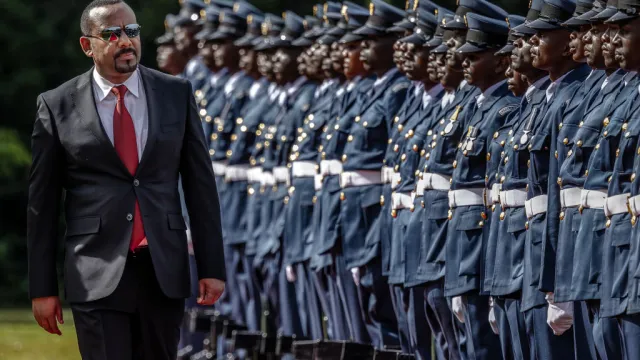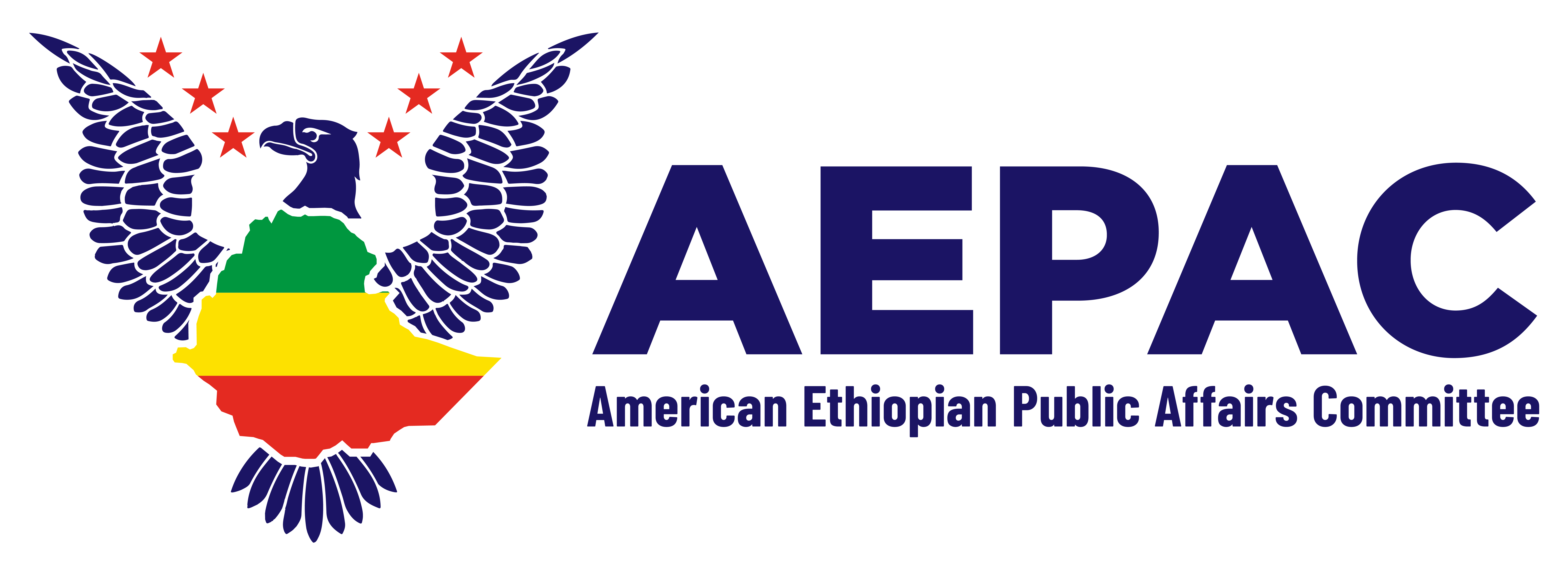by Mesfin Tegenu

In recent months, the world community has been paying closer attention to events in Ethiopia and the regime in Addis Ababa as it wages an increasingly violent civil war, violates the civil rights of journalists and political opponents, and risks a famine in its arid north, all the while facing an accelerating debt crisis.
The global scrutiny should have been enough to protect the life of Bate Urgessa, but government forces apparently just don’t care.
In April, the body of Urgessa, a 41-year-old senior official of one of the opposition groups in Ethiopia, was found. He had been shot dead and dumped on the roadside in his hometown of Meki. His family members believe that Urgessa, who had been jailed by the government on several occasions, had been dragged from a hotel room by troops loyal to the regime. The government has denied any involvement.
U.S. officials, including in the State Department, have urged “a complete and unimpeded investigation” of the murder. But to their dismay, the probe launched by the Ethiopian Human Rights Commission was halted at least temporarily earlier this month, reportedly because of government interference and the disappearance of potential witnesses.
This unsolved murder cries out for investigative journalism. But the government of Prime Minister Abiy Ahmad imprisoned eight journalists who were covering the nation’s civil conflicts in 2023, including Meskerem Abera, founder of Ethio Nikat media. This has given Ethiopia the second-highest number of jailed journalists in all of sub-Saharan Africa, according to the Committee to Protect Journalists.
Ethiopia is a nation in crisis right now. Unfortunately, that doesn’t make it unique for the region in and around the contentious Horn of Africa. In Sudan, clashes between government and paramilitary forces have created millions of refugees. In Somalia, pre-election violence has exacerbated that nation’s humanitarian crisis. Years of warfare have turned nearby Yemen into a failed state.
But Ethiopia, Africa’s second-most populous nation, is experiencing an escalation of violence by its own government, which has placed more than 50 million people in the Amhara region under a state of emergency for more than 10 months. Extrajudicial killings by the regime are costing the lives of women and children every day.
This needs to take center stage, especially for the U.S. government, given its historically critical alliance with Ethiopia. A shaky Ethiopia could destabilize the entire Horn of Africa, leading to a humanitarian calamity with disastrous consequences for war-torn civilians, exacerbating the looming famine, and facilitating the spread of terrorism.
The Biden administration and the U.S. Congress have a unique opportunity to use both the carrots of desperately needed aid — financial support as well as an International Monetary Fund rescue plan sought by the cash-strapped Abiy regime — and the stick of hearings on Capitol Hill and potential sanctions of leaders accused of human right violation to help steer Ethiopia toward peace and stability.
But time is of the essence. Recent months have seen escalating military action by government forces against civilians in the Amhara and Oromia regions — killing civilians with drone strikes, in door-to-door raids and in several widely publicized village massacres.
These military strikes by the Abiy regime have taken out churches and other ancient world historic sites, as well as granaries that feed local communities. At least 400 people in Amhara and Tigray have reportedly died of starvation, and experts say millions are at risk of a wider famine, echoing the crises of the 1980s.
Years of civil war have exacted a toll on Ethiopia’s coffers, but so has corruption. The government continues to spend massive amounts of money — $15 billion or more, according to some estimates — on a palatial compound for the prime minister, even after defaulting on national debt repayments late last year.
The Abiy regime also continues to lavish attention on ill-considered redevelopment projects such as the ongoing destruction of the historic Piassa enclave in Addis Ababa, which is being knocked down for development aided by a new major patron, the petro-dictatorship of the United Arab Emirates.
This is happening amid a broader competition for influence in Africa among a number of nations, but especially between the U.S. and China. Although China’s newer presence and its skill at building infrastructure projects such as roads and bridges has attracted a lot of recent attention, experts such as Thomas P. Sheehy, distinguished fellow at the United States Institute of Peace, have stressed that the U.S. should not be overlooking its own strengths, including its economic advantages in fields such as health care, technology, and energy.
The most powerful bond between America and Africa, including Ethiopia, is a shared reverence for democracy, including a desire for a civil society that respects basic human rights as well as religious and ethnic diversity. Many on the continent continue to see the U.S. as a beacon for these powerful ideals, and thus a stark and preferable contrast with the dictatorships that hold sway in China, the UAE and elsewhere.
In the current crisis, an ethnocentric government in Addis Ababa has sought to hold onto power by sowing divisions within a nation with a proud 2,000-year history of national unity and fending off colonialism. Earlier in the decade, policymakers in Washington made an unfortunate mistake of attempting to take sides in Ethiopia’s ethnocentric warfare, rather than emphasizing governance based on equal rights for all, regardless of religion or ethnicity.
In coming weeks, the Biden administration can make good on its early promises to forge new partnerships of mutual respect between the U.S. and Ethiopia. It can use its clout to condition International Monetary Fund aid and other support on an end to ethnocentric civil wars and human-rights violations. It can also demand the release of journalists and other political prisoners. It can work with responsible religious and humanitarian groups to accelerate food shipments to Amhara, Afar, Tigray and other famine-stricken areas.
For too long, Ethiopian mothers have sent their sons off to fight and die in senseless civil wars. This time, America must not be a spectator. Ethiopia needs U.S. support to become a bulwark for democracy in a troubled region.
Mesfin Tegenu is executive chairman of the American Ethiopian Public Affairs Committee.
